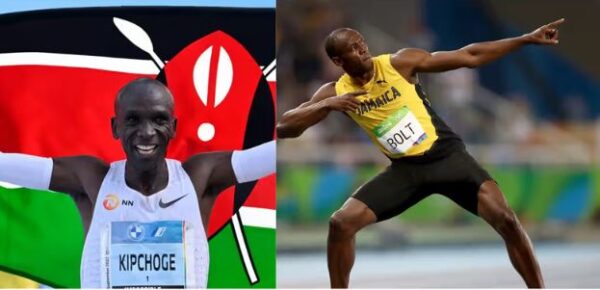More in Lifestyle
-


Lifestyle
Are 5G networks putting our health at risk?
By bukkyLet’s be honest—whenever there’s a new technology, it’s completely natural to ask, “But is this safe?”...
-


Lifestyle
7 things they don’t teach you about job hunting in South Africa
By bukkyNo one really prepares you for what it’s like to job hunt in South Africa. You...
-


Lifestyle
Say goodbye to boring packed lunches with these tasty tips
By bukkyBecause you deserve more than a cold sandwich and regret at noon. Let’s be honest: packed...
-


Lifestyle
10 most mispronounced baby names & why parents still love them
By bukkyChoosing a baby name is personal. For some parents, it’s about meaning. For others, it’s about...
-


Lifestyle
How to stretch your small salary to last throughout the month
By bukkyIt’s the beginning of the month, and as expected, your account is bubbling because you’ve barely...
Advertisement
- SAPS explains CCTV mismatch as alleged DJ Warras killer appears in court
- Kabza de Small faces court over alleged R345k Sandton rent debt
- Nicki Minaj claims Trevor Noah has a boyfriend
- Dineo Ranaka hits back over Nandi Madida comments
- Donald Trump lashes out at Trevor Noah over Grammy joke and threatens legal action
- Nigerians frown at Tyla after winning Best African Music Performance at the 68th Grammy Awards
- David Mashabela’s ‘The King David’ podcast moves to SABC2
- South Africa set to host 2026 WAFCON after Morocco pulls out
- Black Coffee celebrates girlfriend Victoria González as she turns 29
- Tyla makes Grammy history again as “Push 2 Start” earns her second win


